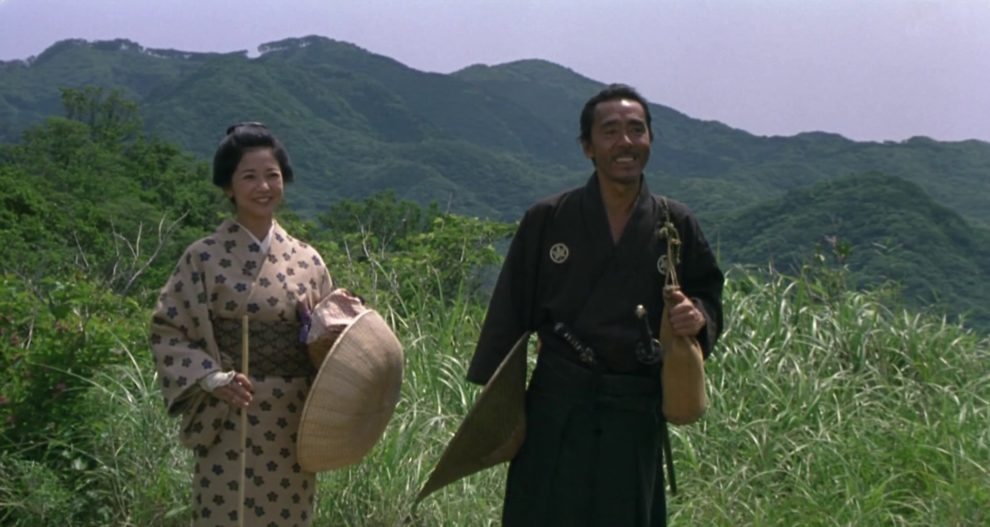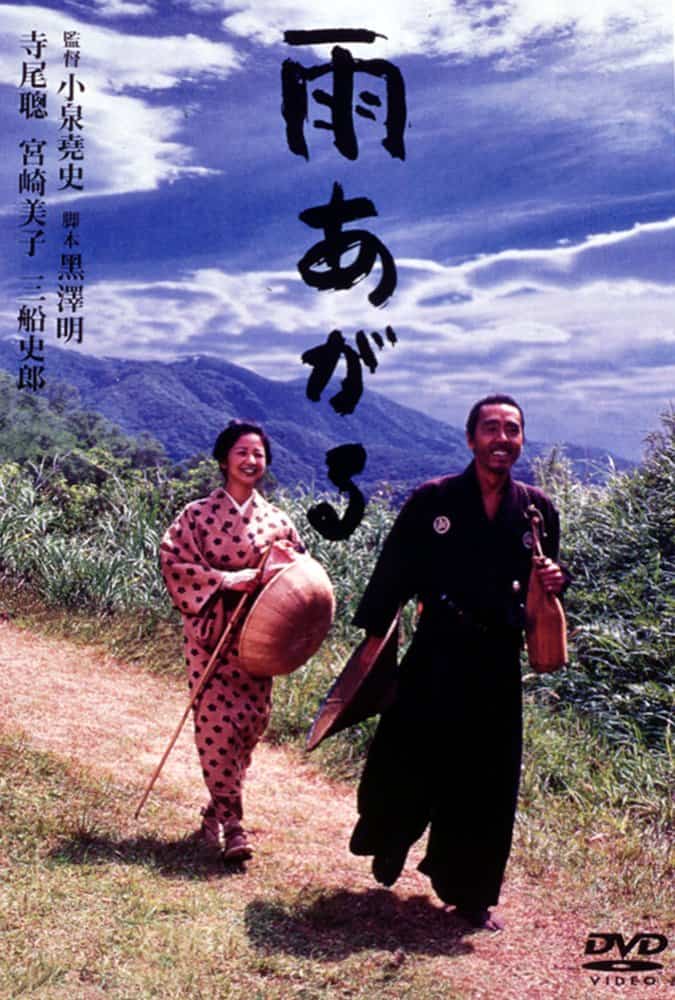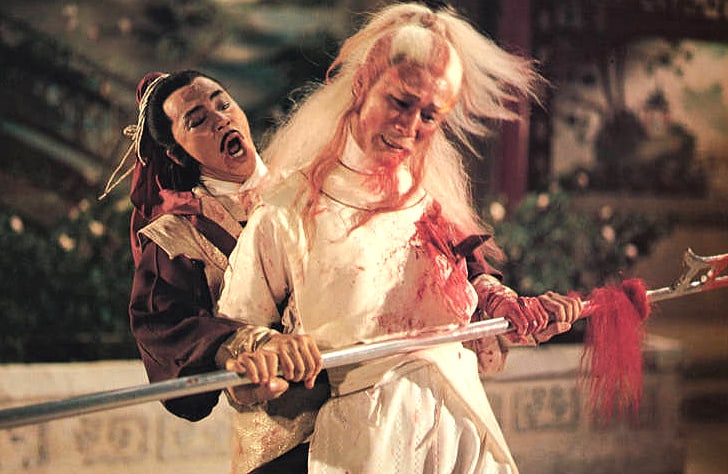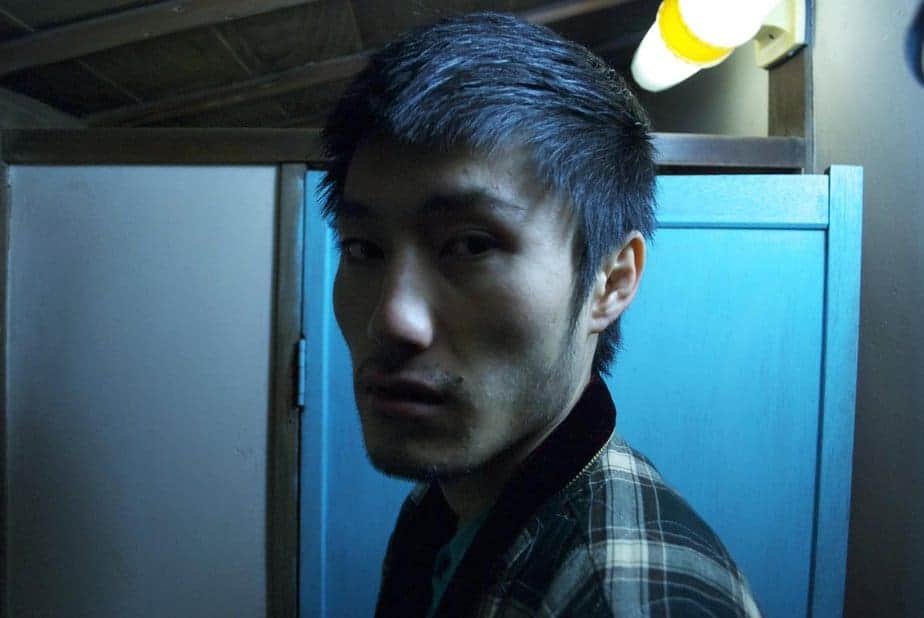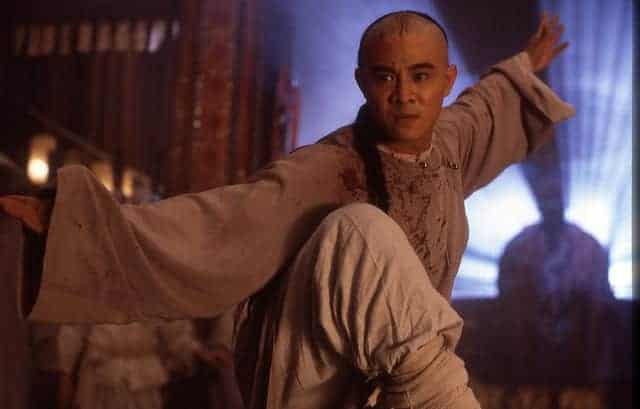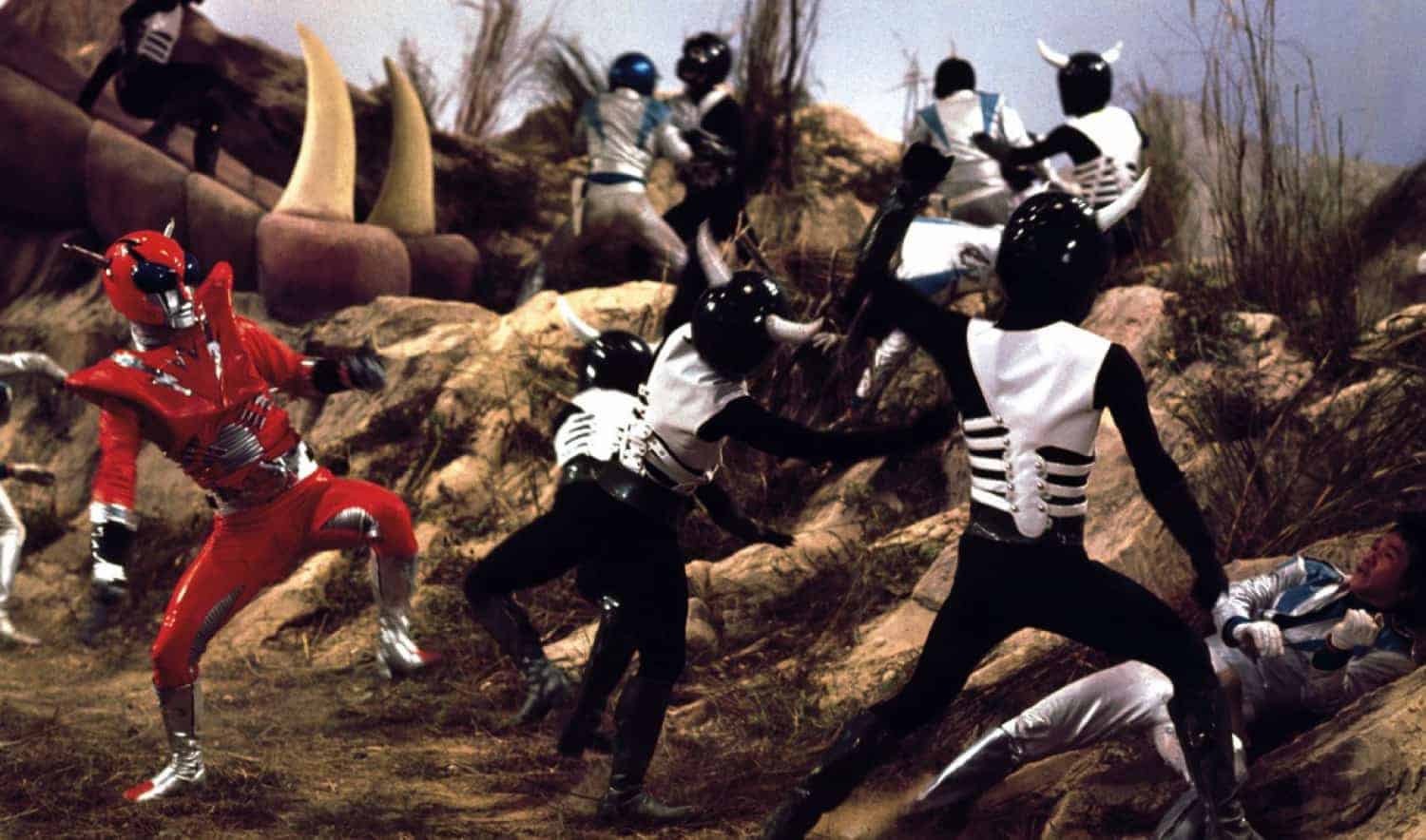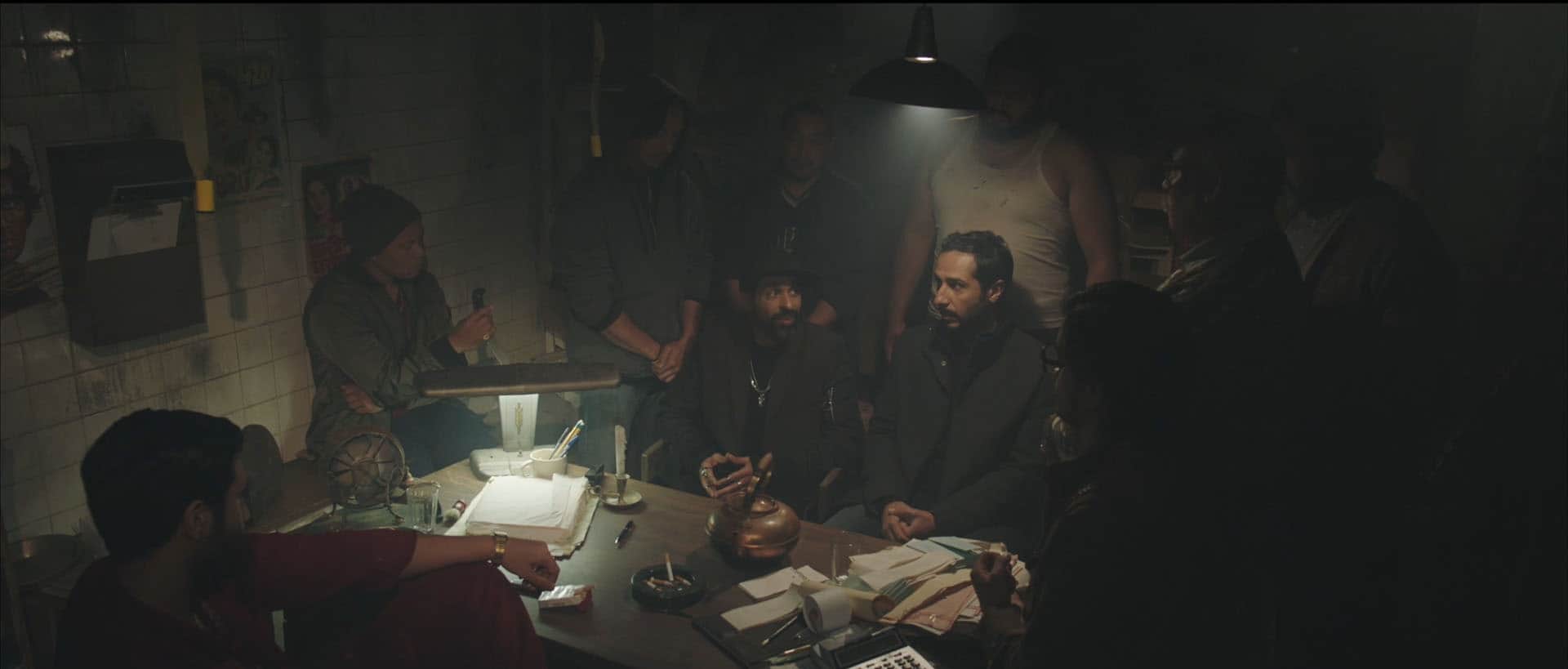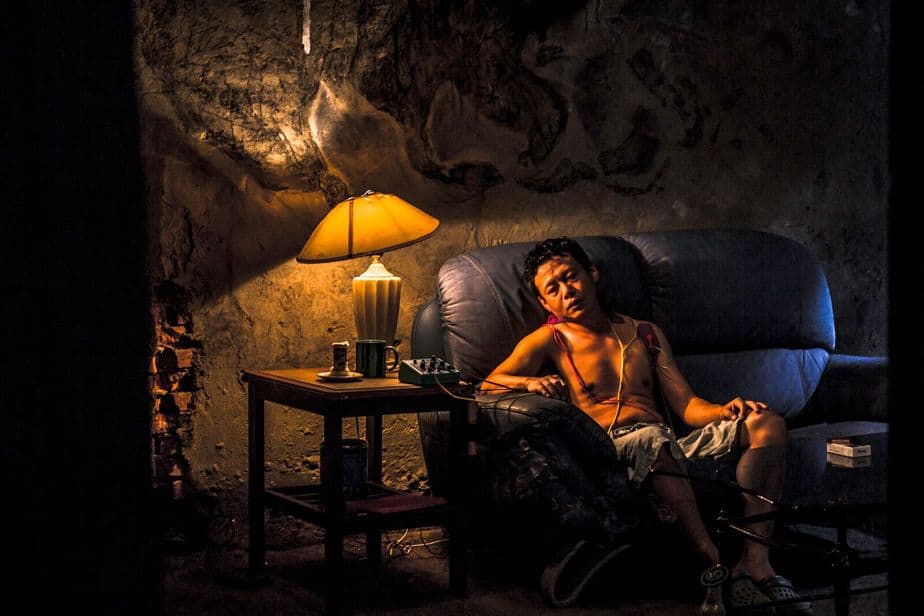In 1993, Akira Kurosawa's final feature, “Madadayo,” was released. Following this, he would leave the director's chair entirely after he suffered an injury to his spine, forcing him to spend the final years of his life in a wheelchair. After decades of filmmaking, his career as a director had come to an end. Yet, he wasn't done artistically speaking, remaining active as a screenwriter. Unfortunately, things would worsen for him in the following years as his health gradually declined, further restricting him from being artistically creative. On September 6th, 1998, Akira Kurosawa died due to a stroke. The death of the renowned filmmaker was met with international mourning. However, his legacy would continue to live on thanks to overwhelming admiration from audiences for his filmography and numerous tributes. On top of this, many who worked alongside the beloved auteur sought to honor him. One such movie would be based on Kurosawa's last screenplay, which would be brought to life in the samurai film “After the Rain.”
Takashi Koizumi directs the film in what is his directorial debut. Before this, he was an assistant director on various Akira Kurosawa movies, including “Kagemusha” and “Ran.” This project is a case of an apprentice following in the footsteps of their mentor while simultaneously honoring their legacy. Similar to what occurred with “Ran,” the production would receive additional funds from France. Kurosawa's screenplay is based on Shugoro Yamamoto's short story “Ame agaru.” Kurosawa also based quite a few of his pictures, such as “Sanjuro” and Dodes'ka-den,” on the works of Yamamoto. “Ame agaru” had previously been adapted to television quite a few times in the years prior. “After the Rain” would be met with overwhelming praise, sweeping countless awards at the 24th Japan Academy Film Prize and being a hit at film festivals.
A generous ronin named Ihei Misawa and his caring wife Tayo find themselves stranded at a country inn due to a heavy rainstorm. During their stay, they bring great joy and happiness to the other residents at the inn, help bring them together, and put aside any unresolved friction. Next to his good spirit and kind-hearted personality, Ihei is also a skilled fencer, which he uses to his advantage to earn money winning matches in duels against masters at local dojos. One day, when the masterless samurai breaks up a conflict between two retainers, he catches the attention of a daimyo named Lord Nagai Izuminokami Shigeaki, who is impressed by his skills. He takes an interest in the free-spirited warrior and even considers hiring him as a fencing instructor. Yet, the swordsman's expertise leads to jealousy for many, some even attempting to take his life in retaliation. Through all this, Ihei examines himself while enhancing his strong bond with his wife.

As typical of many films based on Shugoro Yamamoto's writings, “After the Rain” is a simple yet beautiful story full of philosophy and humanistic values. It is a tale of people reflecting on their lives and resolving personal struggles as the world around them keeps on turning. Here, the two leads are genuinely good people willing to acknowledge their imperfections and are still trying to evolve. Ihei Misawa's past mistakes have led to his current status as a masterless samurai with financial struggles who resorts to dojo matches to earn money for a living. Yet, he owns up to his errors, striving to grow from them while helping those in need and receiving support from his wife, Tayo, who positively influences his life.
The two main characters also effectively work regarding the movie's themes with its examination of class and individuality. It shows how status does not have to define the inner human being and displays free will thinking in a historical time when obedience to those in power was often required. These elements greatly come into play in moments such as when Ihei and Tayo bring together the inn residents with a feast. Its also emphasized when Lord Nagai Izuminokami Shigeaki's initial interest in assembling Ihei under his rule becomes questionable when he is revealed to be very hot-headed.
The rain in the movie is just as much a character as the players in the narrative. In this case, the cause-and-effect link between humans and nature is emphasized since the rainstorm, which leads to the river flooding, ends up putting the leads in the environment that would progress to the evaluation of their lives and how they impact one another.
Regarding the cast, Akira Terao carries the film with his fantastic performance as Ihei Misawa, the feature's kind lead. He is charismatic yet also succeeds in the quieter scenes, some of which feature no dialogue, yet his expressions speak volumes. The only times he is shown to be angry is when he has to engage in combat as a last resort; one such scene is when he is forced to duel a group of bitter samurai who try to kill him, in perhaps the most intense scene in the movie. Wonderfully playing off of Terao is Ihei's wife Tayo, who has a caring heart but is also not afraid to criticize potentially concerning behavior, beautifully brought to life by Yoshiko Miyazaki's acting. Also incredibly entertaining is Shiro Mifune, the son of beloved actor Toshiro Mifune, who frequently starred in many of the films directed by Akira Kurosawa. He gives Lord Nagai Izuminokami Shigeaki a ton of personality, initially portraying him as a confident leader who eventually is revealed to have a fragile ego. Shiro performs with the charisma that his father frequently did in many acting roles throughout his career. Many actors who worked with Kurosawa, including Mieko Harada, Hisashi Igawa, and Tatsuya Nakadai, also appear in the movie in small but memorable supporting roles.
Takashi Koizumi and the production team wasted no time putting exquisite attention to detail in the feature's aesthetics, from the costumes to the various beautiful locations. The great lighting and sound design also make the characters' environment feel more lively, luscious, and atmospheric. The story's setting and weather are just as prominent as the characters. The opening scene of Ihei walking in the rain is a major highlight, creating an atmosphere that would carry on throughout the movie. The cinematography by Shoji Ueda is gorgeous and fittingly composed in a manner similar to the Kurosawa projects he worked on in the past. Masaru Sato, who notably did the soundtracks for many of Kurosawa's works, including “Yojimbo” and “Sanjuro,” delivers a pleasant music score here. There are also some superbly staged fight scenes throughout the film, the highlight being when Ihei Misawa defends himself in combat against a bunch of angry ronin in the movie's most violent sequence.
There is no doubt that this feature is a touching dedication to the memory of Akira Kurosawa. Yet, even on its footing, “After the Rain” is a great film. It is a simple yet wonderful story of self-examination. The performances are top-notch, and the movie is a visual delight. Takashi Koizumi's cinematic journey is commendable, beginning as an assistant director to one of Japan's finest filmmakers. Following that, he created an identity of his own as a director.


